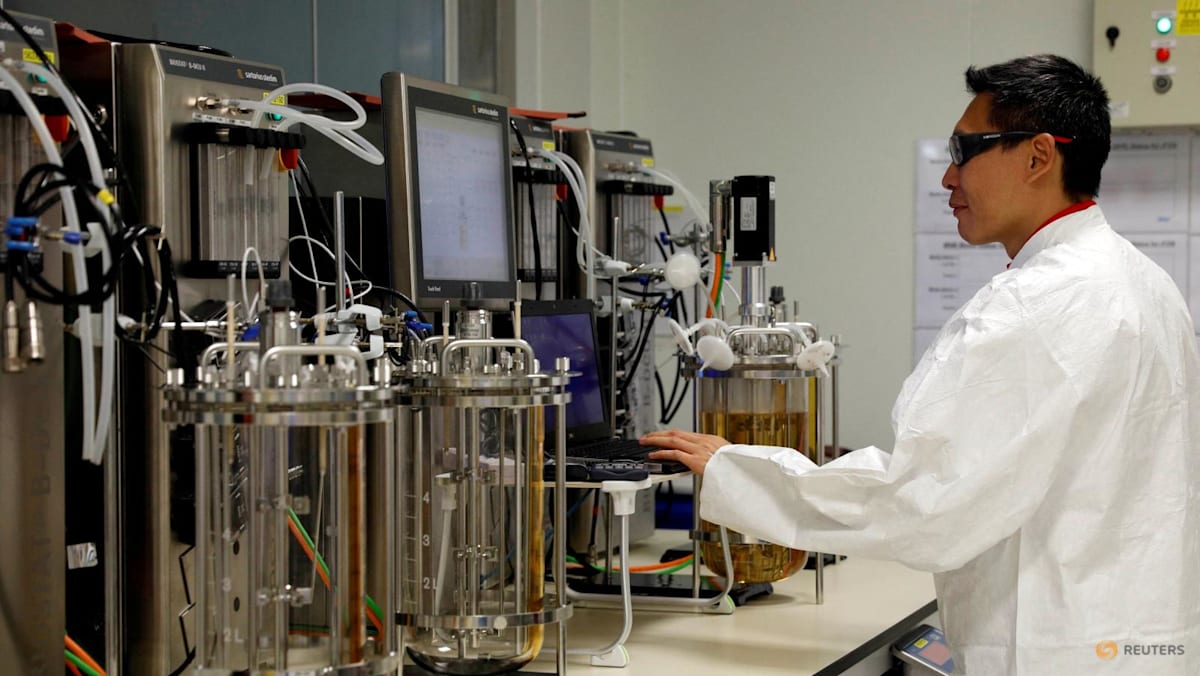IMPACT ON SINGAPORE
US tariffs on pharmaceutical imports threaten a key part of Singapore’s exports – pharmaceuticals make up about 13 per cent of the country’s exports to the US.
Last year, Singapore was the fourth-biggest exporter of pharmaceutical goods to the US, according to data from the Observatory of Economic Complexity.
Experts said the impact of the tariffs on Singapore is still unclear, depending on the specifics of the policy, which have yet to be announced.
Associate Professor Wee Hwee Lin from the National University of Singapore (NUS) said the impact on Singapore’s pharmaceutical industry may be limited.
“It is difficult to assess at the moment, but I anticipate that there will be minimal effect as the manufacturing facilities in Singapore mostly produce active pharmaceutical ingredients and not the final product,” she said.
She added that she was “not surprised” by the US announcement as there had been “earlier signals” by Mr Trump.
Dr Deborah Elms, head of trade policy at philanthropic organisation Hinrich Foundation, warned that even within one company, different products may or may not be subject to the tariff.
“I think it’s a little unclear … because you’ll need to look at not just which products are imported from abroad that are branded, not generics, but also (whether) those firms are producing products domestically,” she said.
“Even if it’s not the same product, it’s a little unclear. So if I make product ‘A’ domestically, but not product ‘B’, can I just declare my full line of pharmaceuticals is therefore exempt from this tariff?”
Dr Elms also noted that even if companies started construction in the US to declare themselves exempt from the tariffs, it would not actually solve the problem.
“At any point, Trump in the future could say, actually your facility isn’t producing drugs yet, or it isn’t producing enough drugs, and therefore … you are now required to pay these tariffs at 100 per cent, potentially more,” she said.
“And so the uncertainty for the sector, and in fact, for all products being sent to the US continues.”
For Singapore, Dr Elms said the tariffs could be a problem as the country is increasingly looking to pharmaceutical manufacturing as a key export, and the US is an important market.
